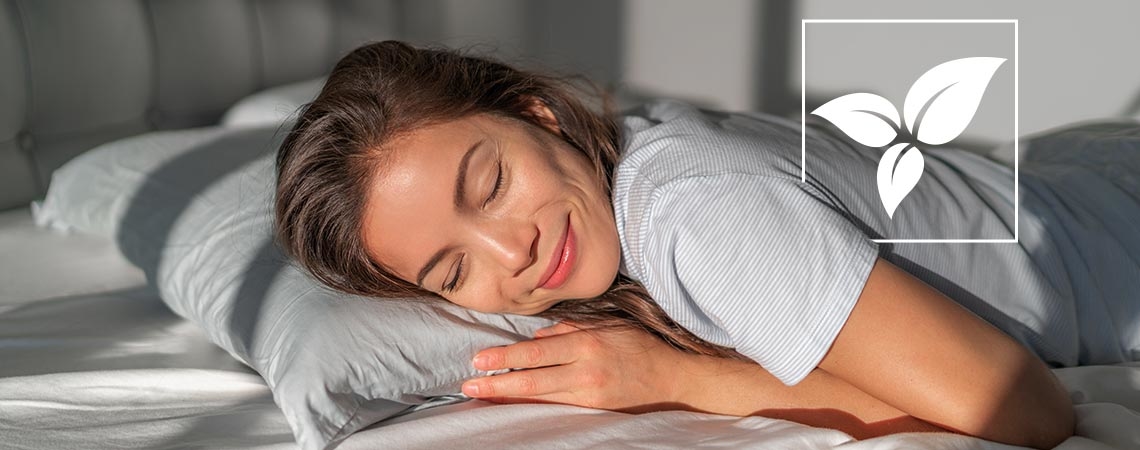
Everything About Dream Herbs
Are you looking to enhance your nightly journeys? Dreams can be wild experiences, and dream herbs can enhance their strength and clarity. Read on to find out what these magical herbs are, and how they are best used.
Dreaming can be quite a wild experience, whatever your dreaming patterns. But some people take it a step further and choose to enter the journey of lucid dreaming to take control of their dreams and uncover the secrets of their subconscious.
While one can achieve this with practice alone, lucid dreaming can be assisted by the use of certain “dream herbs”. Some of these herbs have been used in the practices of various cultures from across the world and across time, with exactly that aim.
In this article, we explore dream herbs and how to use them.
What are dream herbs
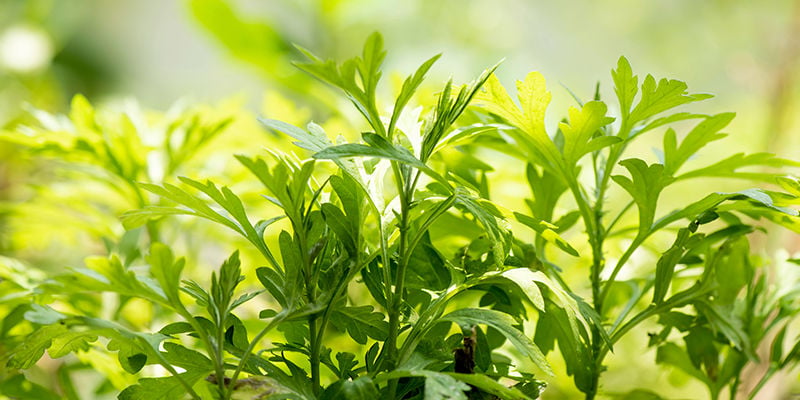
Dream herbs are herbs that you can use to assist your lucid dreaming practice. Rather than directly triggering lucid dreaming, they tend to intensify the vividness of dreams, which increases the chances of a dream becoming lucid.
There are quite a few dream herbs out there, and, as mentioned above, some of them have a long history of use across cultures.
Some examples of dream herbs are:
- Mexican dream herb (Calea zacatechichi)
- Mugwort (Artemisia vulgaris)
- Sun opener (Heimia salicifolia)
- Intellect tree (Celastrus paniculatus)
- Xhosa dream root (Silene capensis)
History of dream herbs

There is no single history of dream herbs, as they come from all over the world and have been used, disconnectedly, by all sorts of cultures over a very long time—quite a big puzzle to put together! The only single history of dream herbs could be that they have all been used to enhance dreams in some way.
That said, we can look at the individual histories of certain dream herbs. Excluding their evolutionary histories, which are no doubt diverse, these herbs have interesting histories in terms of their ritual use. Let’s take a look at some examples.
Ritual use
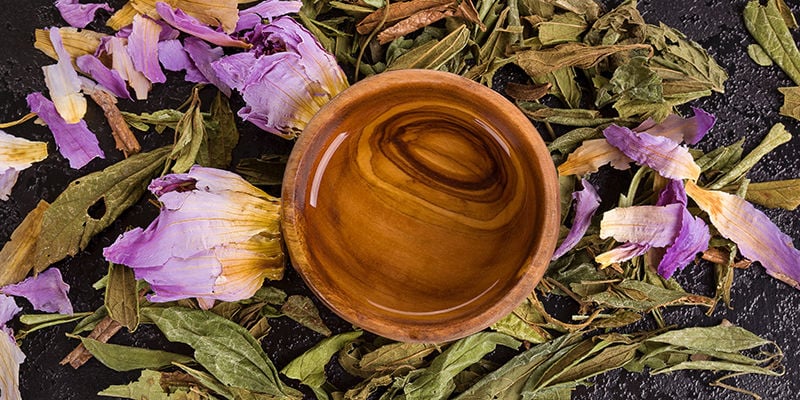
Mexican dream herb, for example, was used by the Chontal people of what is now Mexico. This herb can be brewed into a tea or smoked. The user then falls asleep some time fairly soon after taking it. Mexican dream herb mainly increases the vividness of dreams, which helps practitioners of lucid dreaming to become lucid.
Sun opener—or Sinicuichi, as it was called by the Aztecs—was and still is used to bring back distant memories during the state of dreaming. The herb is prepared by first chewing it, then the chewed herb is left in the sun to ferment for 24 hours or longer. After this point, it can be consumed.
Intellect tree is a nootropic, and its use originates in the Indian tradition of Ayurveda. This plant has had multiple uses over time. It was used to sharpen the intellect (hence the name), but it can also sharpen the clarity of dreams, which is why it can be helpful for lucid dreaming.
Last but not least, Silene capensis root has a long history of use on the African continent. This so-called “teaching plant” was brewed into a tea and ingested before going to sleep. Once again, it has the ability to intensify dreams, and has therefore been used to assist with lucid dreaming and associated practices.
The world of oneirogens
Oneirogens are a class of entheogen (mind-altering drugs) that specifically affect dream states, as opposed to waking states. The word’s etymology is Greek. First, “óneiros” means “dream”, and “gen” means “to create”. So together, the word means something like, “to create dreams”.
All substances that belong to this category are categorised by their ability to enhance the dream state. Those categories range from inducing realistic, memory-like dreams, to alien, abstract dream worlds.
Effects of dream herbs
Each dream herb has slightly different effects, and the effects may also differ from person to person. Also, the same herb might trigger different experiences in the same person from night to night. Generally, they all enhance dreams in one way or another. This may mean that dreams take on more clarity, or otherwise just become stronger, more vivid, and more tangible.
Lucid dreaming
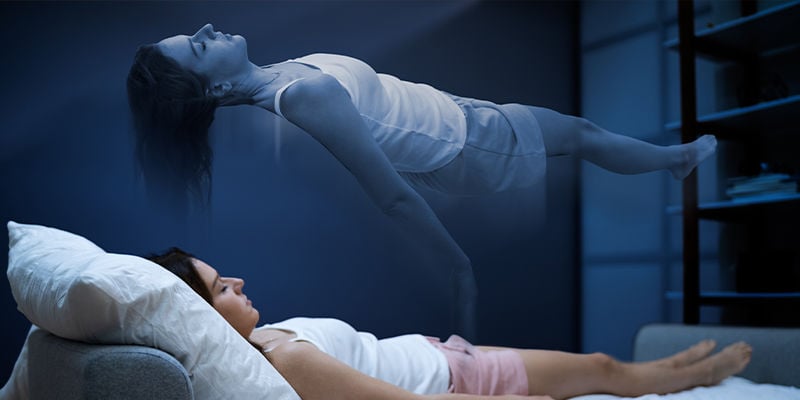
Due to their ability to enhance the strength and clarity of dreams, dream herbs make it more likely that the dreamer will become lucid, especially if the herb is taken along with some degree of practice around lucid dreaming.
While it can happen randomly, regular and controlled lucid dreaming usually takes a fair amount of practice and commitment. Dream herbs can support you in becoming lucid, but you shouldn’t expect them to immediately send you into a lucid state—that's not how they work.
However, you can use these herbs alongside training to increase the chances of becoming lucid.
Dream recall enhancement
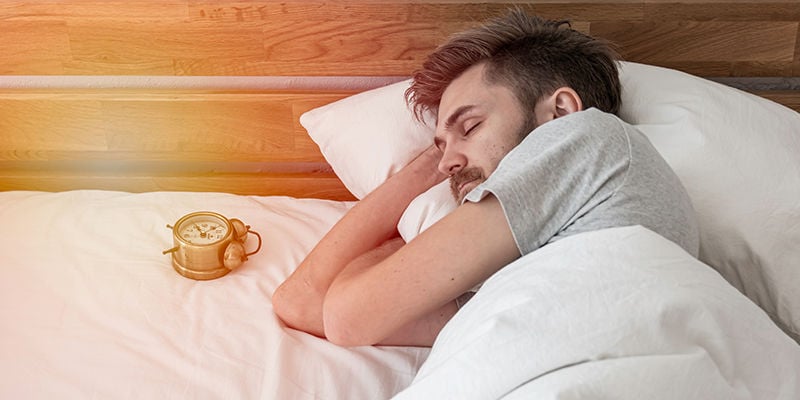
Often, it can be difficult to recall the details of a dream. There are a few reasons for this, one of which is that dreams tend to be quite murky while we’re having them anyway. So, when we awake, we might remember a few images or events, or just a sensation, but the overall narrative will be lost in many cases.
As dream herbs tend to make dreams more vivid while we’re having them, this can make recalling them later much easier. Instead of dreams seeming to be a random assortment of events, images, and sensations, they can suddenly appear to be much more coherent and chronological. Like that, it can become much easier to remember them when we wake up.
Recalling dreams on a regular basis is also a key skill when it comes to learning to lucid dream. So using dream herbs to enhance dream recall will also help you to lucid dream later on, or on a more regular basis.
Relaxation and sleep promotion
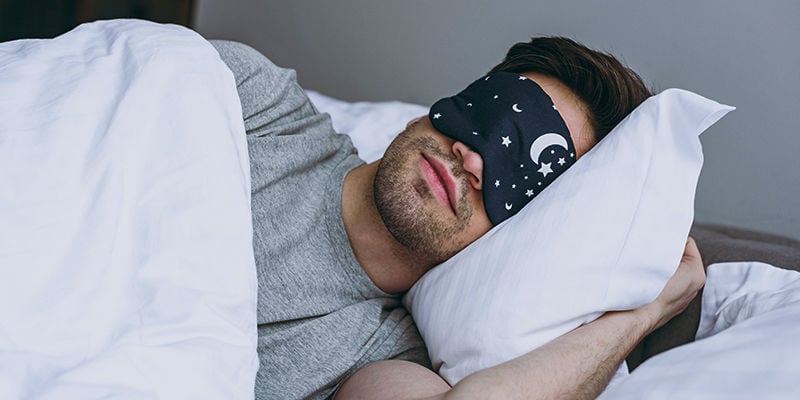
Some dream herbs can also make it easier to fall asleep and stay asleep. However, this is not how most dream herbs work, so do your research first. If you’re primarily after sleep aids, then dream herbs shouldn’t be your first port of call.
Dream herbs mostly enhance the vividness of dreams, and some increase the amount of time we spend in REM sleep. But note that more REM sleep doesn’t necessarily mean more restorative sleep.
Enhanced creativity

Dreams are wild, wild spheres, and if we make them more vivid, or—lucidly or not—journey to deep memories and strange areas of our subconscious while asleep, then it's quite likely that we'll get a creative boost from these nighttime voyages in the daytime.
So, using dream herbs can be a great way to stimulate creativity and give yourself new perspectives.
Safety
It’s impossible to say whether “dream herbs” are safe or not—it's just too broad a term for that. Generally though, the substances that fall under this category are fairly safe.
That being said, they are poorly understood, and some of their mechanisms of action remain unknown. Therefore, they should not be combined with other drugs—legal or illegal—as they might have unknown interactions that could potentially be dangerous.
Also, it’s unclear whether some of them have effects on the waking mind, but it seems some might—so be mindful of this and careful of how/when you take them. If you intend to drive, for instance, don’t dose up on these substances before doing so.
Otherwise, some might cause side effects such as nausea, fatigue, stomach upset, and so on.
How to consume dream herbs
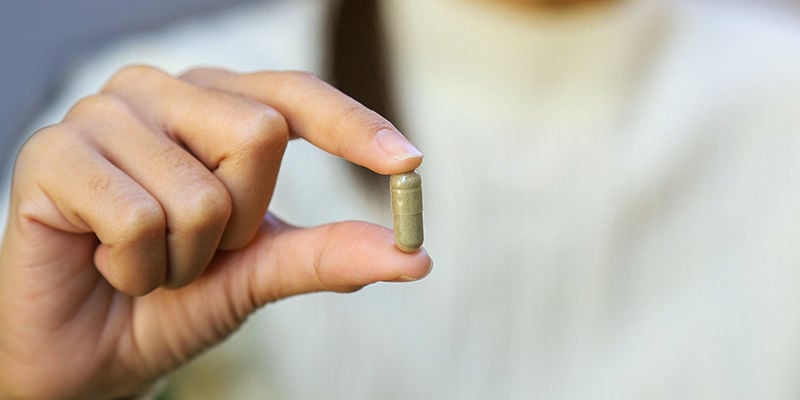
There are many ways to take dream herbs. Perhaps the most common (or traditional) method is brewing them as a tea. Other methods include:
- Smoking
- Chewing
- As a topical oil/cream
- Incense
- Liquid extract
- Capsules
- Adding to bathtubs
Dream herbs: Invigorate your nights
Dream herbs encompass a wide range of substances, all of which serve to intensify the dreaming experience. In doing so, they can help individuals to recall distant memories, remember dreams better, or make the chances of lucid dreaming more likely.
If you’re on a lucid dreaming journey, then consider using dream herbs to assist you. And if you're not, but simply curious, give it a try anyway and see where it takes you.
-
 3 min
26 February 2018
What Is African Dream Root And How Do You Prepare It?
Up until recently, the use of this flower root was only a tradition amongst a South African ethnic group. Everyone experiences the Silene capensis a little different but some reported effects are...
3 min
26 February 2018
What Is African Dream Root And How Do You Prepare It?
Up until recently, the use of this flower root was only a tradition amongst a South African ethnic group. Everyone experiences the Silene capensis a little different but some reported effects are...
-
 3 min
17 May 2017
Sleep Masks And Lucid Dreaming
A sleep mask can be a great help with relaxation and meditation, and if we want a good night’s sleep. But did you know that a sleep mask can also be an excellent lucid dreaming aid? There are...
3 min
17 May 2017
Sleep Masks And Lucid Dreaming
A sleep mask can be a great help with relaxation and meditation, and if we want a good night’s sleep. But did you know that a sleep mask can also be an excellent lucid dreaming aid? There are...













 United States
United States










